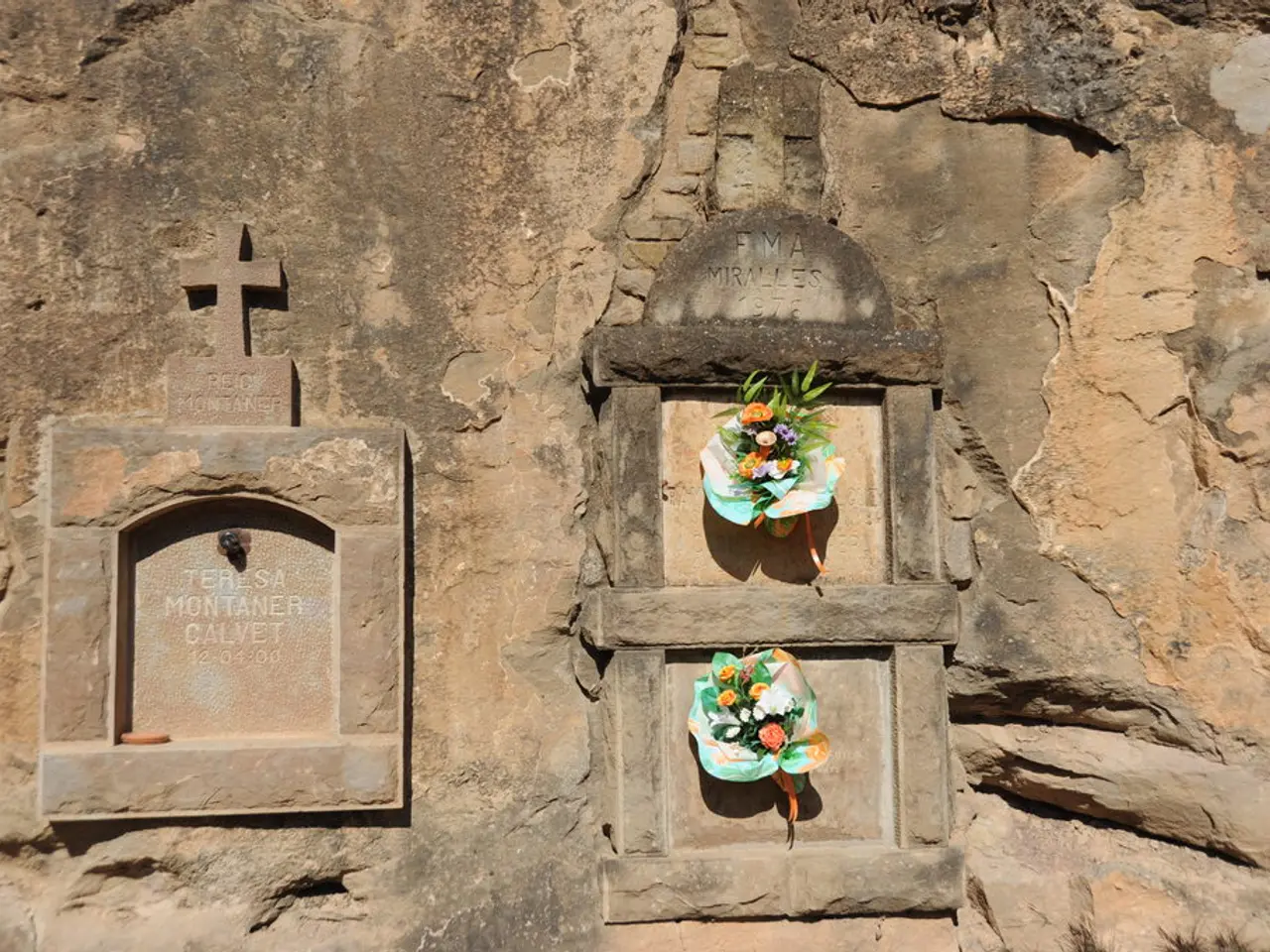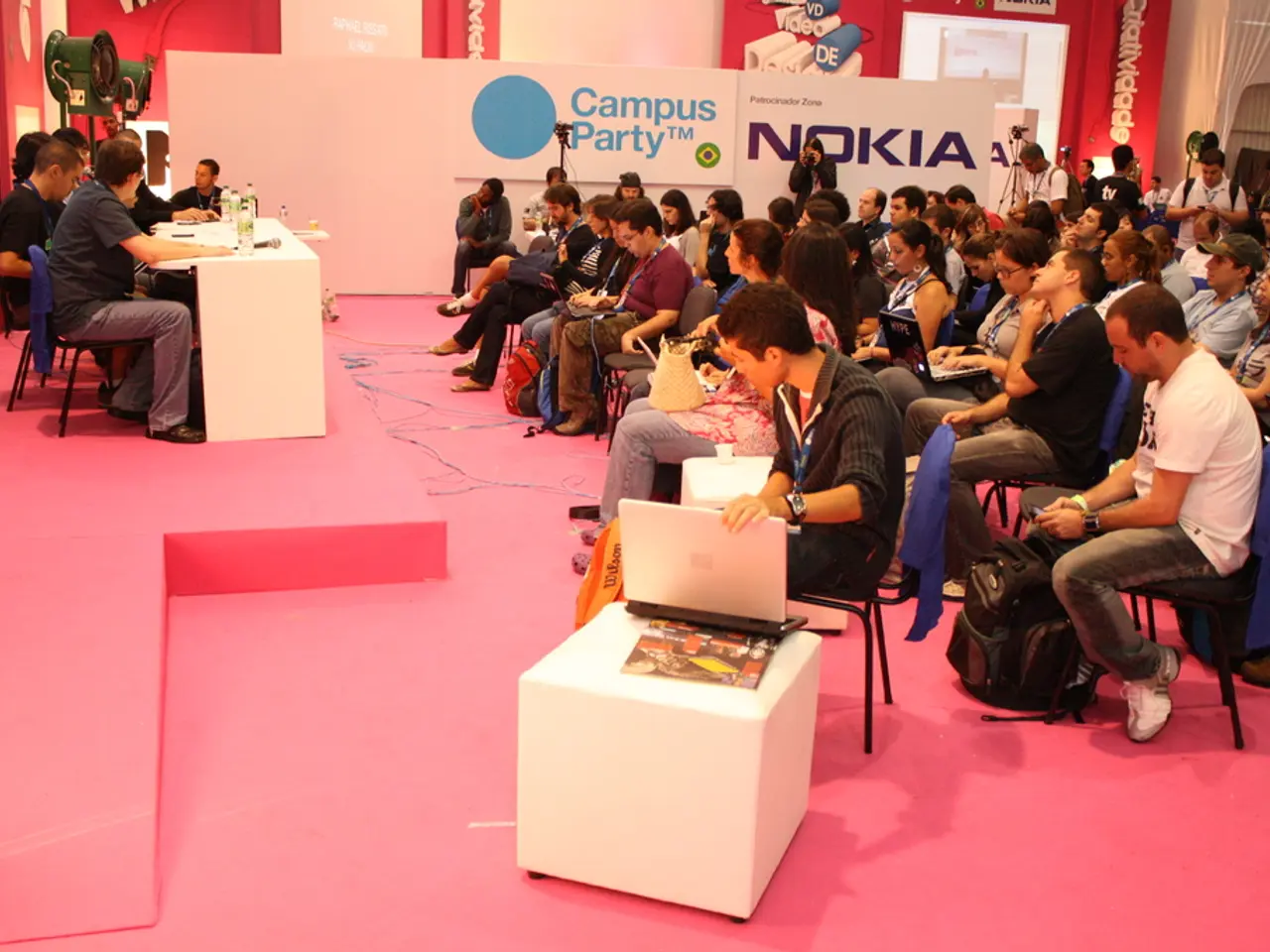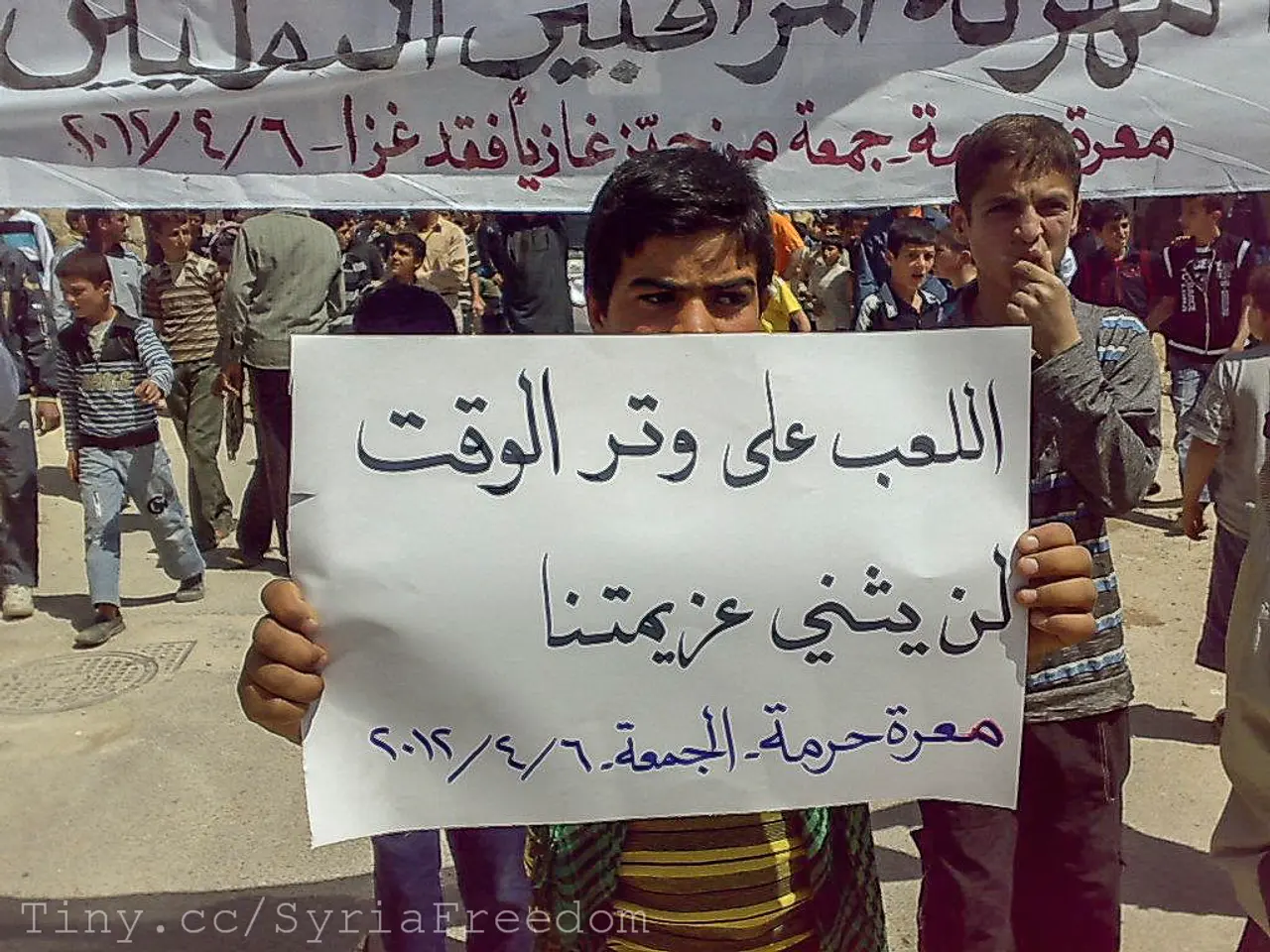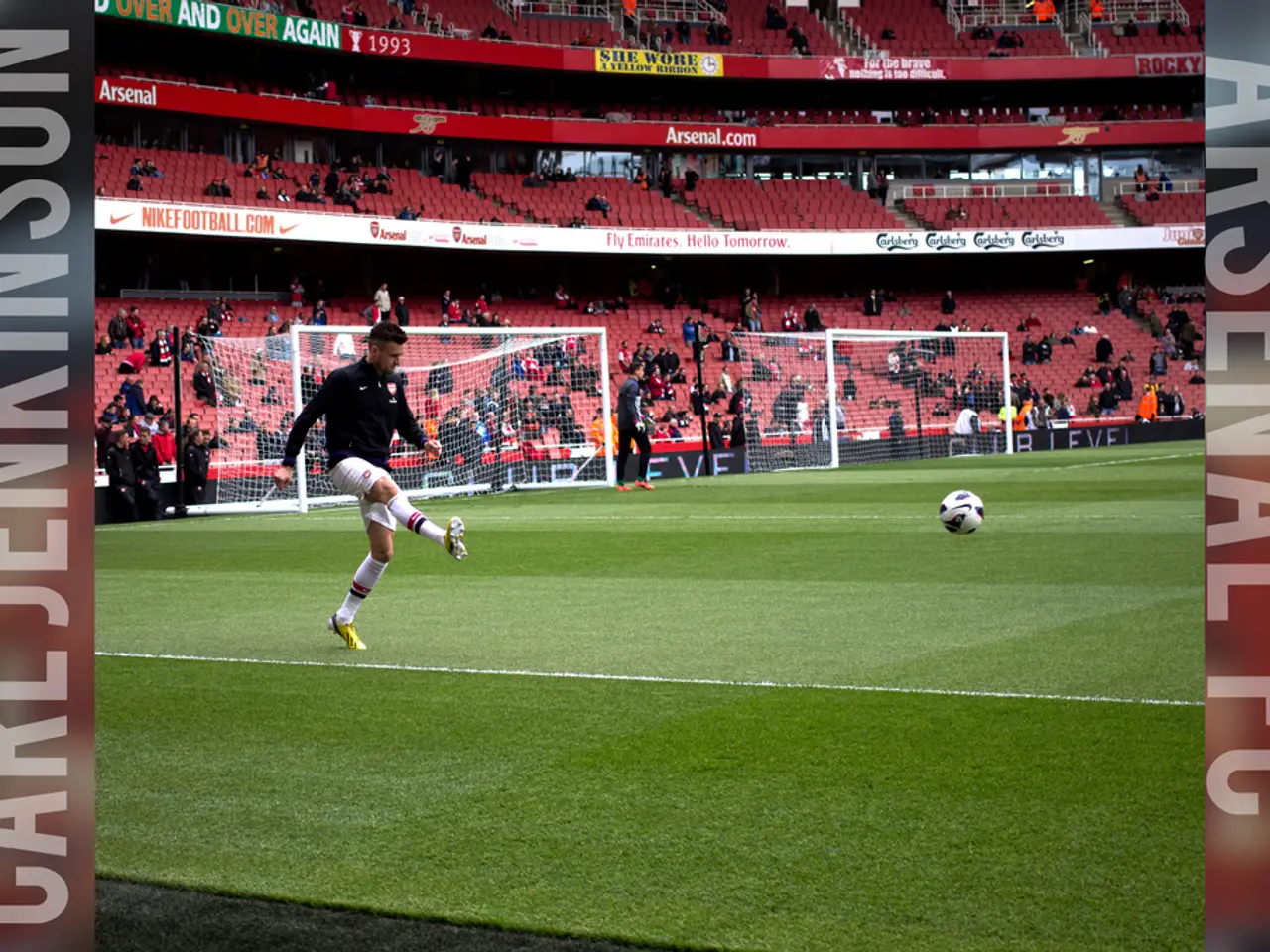World urges global disarmament of nuclear arms, as highlighted by Hiroshima.
In August 2025, the world will mark the 80th anniversary of the atomic bombings of Hiroshima and Nagasaki, two events that remain the only instances in history where nuclear weapons have been used in warfare. These commemorations hold profound significance as they aim to amplify global efforts towards eliminating nuclear weapons, drawing unprecedented international attention, and fostering renewed commitments to nuclear disarmament.
The events in Hiroshima and Nagasaki resulted in the tragic loss of approximately 214,000 lives, with about 140,000 people killed in Hiroshima and 74,000 in Nagasaki, three days later. A building with a skeletal metal frame of a dome stands in the city center as a stark reminder of the atomic bomb attack.
Hiroshima, now a thriving metropolis with a population of 1.2 million people, will welcome participants to see the reality of the catastrophe that a nuclear weapon can cause. The commemorations will serve as a platform to honour victims and survivors, preserving their memories and firsthand accounts to humanize the devastating effects of nuclear war and bolster peace advocacy.
The commemorations will also promote education and awareness globally, especially among youth, through ceremonies, talks, exhibitions, and international conferences that emphasize peace, reconciliation, and disarmament. They will mobilize international political and civil society actors by bringing together Nobel Peace Prize laureates, activists, government officials, and representatives from many nations to renew calls for compliance with treaties such as the Treaty on the Non-Proliferation of Nuclear Weapons (NPT) and to push forward concrete nuclear disarmament measures.
Moreover, the commemorations aim to strengthen the global nuclear disarmament norm by affirming collective responsibility to prevent history from repeating and by signaling high-level consensus on the dangers of nuclear arms.
Notably, major nuclear powers such as Russia, China, and Pakistan will not attend the ceremony, while Iran, accused of seeking to acquire the bomb, will be represented. Palestine and Taiwan, which Japan does not officially recognize as countries, have announced their presence at this event for the first time.
Nagasaki expects a record number of countries to attend its commemorations, including Russia for the first time since 2022. Representatives from 120 countries and regions, including the European Union, are expected to attend the Hiroshima commemoration ceremony.
However, the average age of "hibakusha" survivors is now 86, making it an increasingly challenging task to pass on their memories. Toshiyuki Mimaki, co-president of Nihon Hidankyo, urges foreign representatives to visit the Peace Memorial Museum to understand the horror of the attack. Kunihiko Sakuma, an atomic bomb survivor, intends to urge Tokyo to join the UN treaty on the prohibition of nuclear weapons.
Hiroshima Mayor Kazumi Matsui has expressed concerns about leaders wanting to strengthen their military power and possess nuclear weapons, referring to the conflicts in Ukraine and the Middle East. Mimaki echoes these concerns, urging states to act to eliminate nuclear weapons.
These commemorations function as pivotal diplomatic and humanitarian platforms that unite diverse stakeholders worldwide in advancing the goal of a safer, nuclear-weapon-free international environment.
The commemorations will serve as a platform for honor and remembrance of the victims and survivors of the nuclear attacks in Hiroshima and Nagasaki, shedding light on the devastating effects of nuclear war and bolstering peace advocacy. Amid concerns about leaders strengthening military power and possessing nuclear weapons, these events also aim to mobilize international political and civil society actors to push for compliance with treaties such as the Treaty on the Non-Proliferation of Nuclear Weapons (NPT) and promote education and awareness about the dangers of war-and-conflicts and politics centered around nuclear weapons.






